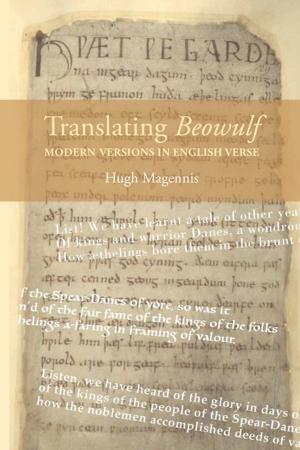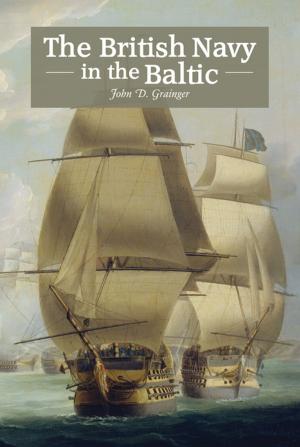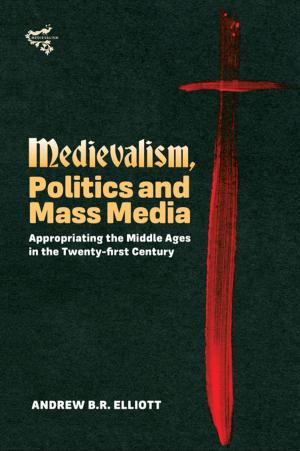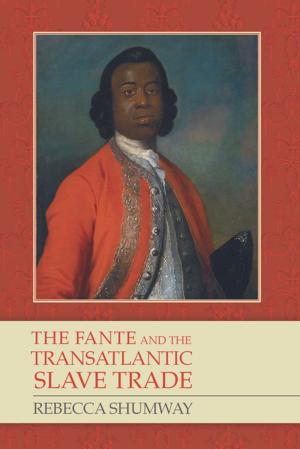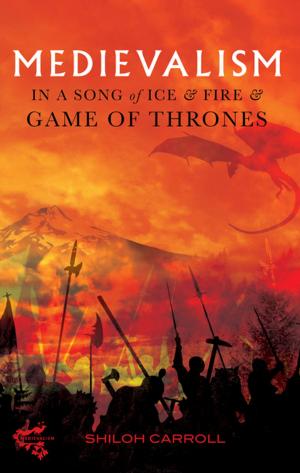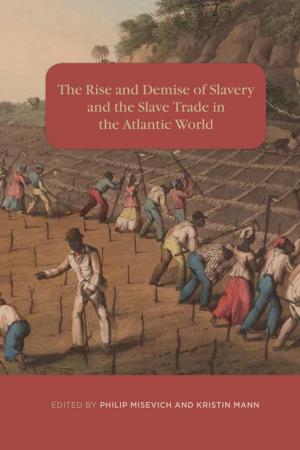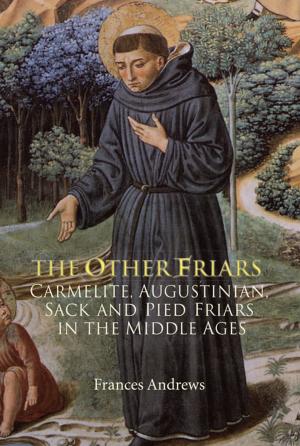London's News Press and the Thirty Years War
Nonfiction, History, Modern, 17th Century, Social & Cultural Studies, Social Science| Author: | Jayne E.E. Boys | ISBN: | 9781782048039 |
| Publisher: | Boydell & Brewer | Publication: | September 18, 2014 |
| Imprint: | Boydell Press | Language: | English |
| Author: | Jayne E.E. Boys |
| ISBN: | 9781782048039 |
| Publisher: | Boydell & Brewer |
| Publication: | September 18, 2014 |
| Imprint: | Boydell Press |
| Language: | English |
London's News Press shows that seventeenth-century England was very much part of a European-wide news community. The book presents a new print history that looks across Europe and the interconnecting political and religious groups with international networks. It tells the story of the printers and publishers engaged in the earliest, illicit publications, their sources and connections in Germany as well as the Netherlands, and traces the way legitimacy was achieved. These were the earliest printed periodical news publications. Periodicity and its implications for trade and customers is explored as well as the roles of publishers and editors. The period saw a much bigger circulation of news than had ever been experienced before. The book also describes the lively nature of relationships that ensued between news networkers (editors, writers and readers along their interconnecting chains). The subject is topical. Our understanding of reading and communications is undergoing major changes with the rise and proliferation of social media. James I and Charles I faced new media and an unprecedented growth in informed public opinion fuelled by a flow of information that was essentially beyond the reach of government control. So there are parallels with the contemporary struggle to adapt, and there is a corresponding growth in the publication of history books reflecting upon the origins of the public sphere and the development of public opinion. JAYNE E. E. BOYS is an independent scholar who lives in Suffolk and British Columbia.
London's News Press shows that seventeenth-century England was very much part of a European-wide news community. The book presents a new print history that looks across Europe and the interconnecting political and religious groups with international networks. It tells the story of the printers and publishers engaged in the earliest, illicit publications, their sources and connections in Germany as well as the Netherlands, and traces the way legitimacy was achieved. These were the earliest printed periodical news publications. Periodicity and its implications for trade and customers is explored as well as the roles of publishers and editors. The period saw a much bigger circulation of news than had ever been experienced before. The book also describes the lively nature of relationships that ensued between news networkers (editors, writers and readers along their interconnecting chains). The subject is topical. Our understanding of reading and communications is undergoing major changes with the rise and proliferation of social media. James I and Charles I faced new media and an unprecedented growth in informed public opinion fuelled by a flow of information that was essentially beyond the reach of government control. So there are parallels with the contemporary struggle to adapt, and there is a corresponding growth in the publication of history books reflecting upon the origins of the public sphere and the development of public opinion. JAYNE E. E. BOYS is an independent scholar who lives in Suffolk and British Columbia.


